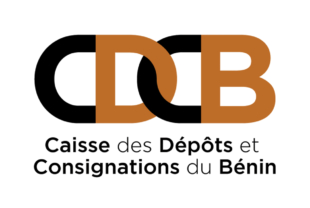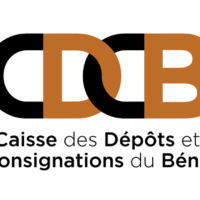Benin’s evolving financial sector has made significant strides in recent years. With a financial inclusion rate exceeding 30% in 2022, the foundations for economic dynamism are clearly taking shape. Yet challenges remain, especially when less than 40% of the population currently has access to formal financial services. At the same time, small and midsized enterprises continue to face major hurdles in accessing long-term financing.
In this context, the Caisse des Depots et Consignations of Benin has emerged as a key public financial institution with a mission: to act as a catalyst for development by mobilizing domestic resources and deploying financing mechanisms adapted to Benin’s economic landscape.

Established in 2018 as part of a sweeping government reform, CDC Benin was designed as a long-term investor capable of filling the structural financing gaps left by traditional lenders. Since then, the institution has mobilized over $1.7 billion (1 trillion CFA francs) to support both public and private structuring projects with strong economic and social returns. Its strategic partnerships with international institutions such as the African Development Bank, the West African Development Bank, and the French Development Agency have solidified its role in the regional financial ecosystem.
“CDC Benin rises to the challenge of financing Benin’s development through local resources it mobilizes for high-impact projects, combining sound management, economic performance and sustainable impact,” said Maryse Lokossou, general manager of the institution.
With a long-term investment approach and a focus on transformational impact, CDC Benin prioritizes sectors that are critical to national transformation — namely energy, infrastructure and agro-industry.
In practical terms, this has translated into major projects: four photovoltaic plants to boost renewable energy capacity and agro-processing facilities for cotton, cashews and textiles within the Glo-Djigbe Industrial Zone, helping to transform local raw materials into export-ready products.
Another flagship project is the Maritime Business Center in Cotonou, a state-of-the-art real estate complex designed to enhance administrative and commercial services in the country’s economic hub.
What sets CDC Benin apart is not only what it finances, but how it finances. Unlike commercial banks, it provides equity investments and shareholder loans in sectors often overlooked by private capital. More than just a financier, the institution offers technical and managerial expertise to ensure that projects are delivered efficiently and managed sustainably.
Expanding financial inclusion remains a strategic priority. One of CDC Benin’s most innovative initiatives is the Diaspora and Development initiative — a savings product unveiled in Paris in June to tap into remittances from the Beninese diaspora. “The DIASDEV project will allow our fellow citizens abroad to contribute to the development of our country in a profitable and secure way,” Lokossou explained.
Internally, CDC Benin is undergoing a major modernization process. In 2024, it launched a comprehensive digitalization program aimed at enhancing operational efficiency, transparency and service accessibility. This modernization extends to the diversification of its funding sources, with new financial products under development, including a savings scheme inspired by the traditional tontine system, as well as a capital-based pension fund.
Despite these achievements, several challenges remain. Expanding access to finance for SMEs, securing high-risk “greenfield” projects and further diversifying resource mobilization remain pressing priorities. Internally, the institution is also strengthening its human capital, with a focus on capacity-building, leadership development and gender equality especially in decision-making roles.
The institution’s 2021–2025 Strategic Plan has provided a solid foundation. A final evaluation in 2026 will inform the next phase of its evolution. Moving forward, CDC Benin’s efforts will remain aligned with the Government Action Program, ensuring consistency with economic transformation and national development goals.
Looking ahead, Lokossou remains confident. “CDC Benin intends to continue playing its role as a development catalyst by supporting structuring and sustainable projects that are building the Benin of tomorrow,” she concluded.





